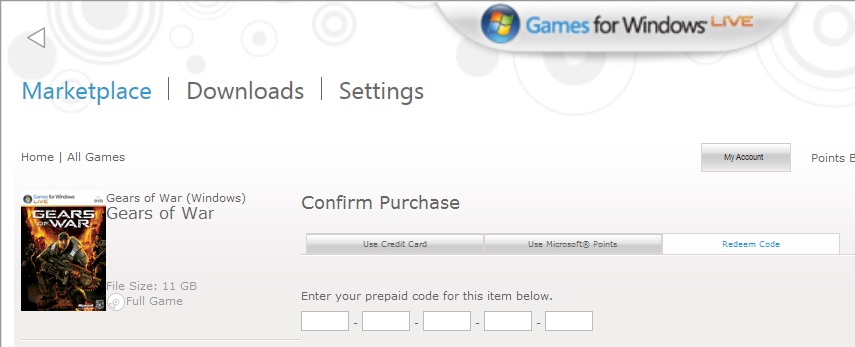After reading a hefty sum of blogs about how splendid Linux is, and how it’s so close to main stream, I thought I would share what is on the mind’s of the real “level headed” windows users *waits for scoffs of Linux geeks to die down.* Are we ready? Let’s begin.
1) I know where my updates come from.
When someone exploits a flaw in Windows, that flaw is then examined for how likely it will be abused, then patched accordingly. I click Windows Update, and then I chose which updates to download and install. I know that the programmers that made the patch are on the payroll of a company that will essentially decimate their career if they do something underhanded.
When you need to patch something in Linux, you have to find which site has the patch you need, download, compile, install. You have to trust that whichever freelance group of OSS programmers you chose to download the patch from are all on the up and up, or else go through the code yourself to be sure.
2) How can something that is OPEN SOURCE, be inherently MORE SAFE?
Microsoft is a closed door company, and they refuse to share the secrets of their source code. And that is a good thing. Linux users have everything out in the open – it’s open source, anyone can pick through the code and find something and chose to exploit it. But every Linux user blindly is of the faith that “nobody would ever do that.” If you leave a five dollar bill on the table long enough, someone is going to take it. And it won’t take long. (2014 Update: this “blind faith” has come back to bite, everywhere from PRNG’s to OpenSSL).
3) Linux users believe in “community.” I trust the Xbox Live community more than I trust the Linux community. Why? Because Live can’t screw me over. Linux users are a group of elitists who think that because they compile something, they should rule the world. You’re only so “good” because nobody has turned cannibalistic, yet – but give it time. You will not be able to rely on security through obscurity forever, much like Mac users have come to do.
So far, my three points come back to one common theme: trust. Does this make me paranoid? Possibly, but be honest: who do you trust more? A large company with a lot at stake? Or the guy at Best Buy who just sold you that “It Came From Planet X” DVD that you really didn’t want but he swore it would grow on you? Face it, no matter how dedicated the Open Source community is to one another, everyone is going to need to turn a profit, and if it’s not someone selling Linux “support” or selling Linux itself, then it’s going to be someone sneaking some kind of spyware or something in to a program. It’s bound to happen. If you say “no it’s not” then you should just go ahead and keep driving the same car thinking that because it hasn’t broken down now, then it never, ever, ever, ever will. Because it’s been good to you up to this point, it must be invincible, nothing could ever hurt it.
Now, Mac users. You’re not elite bastards, you’re just morons set in your ways. Mac architecture switched to the PC. Now what’s so great about the “Mac”? It’s not a ‘computer’ of its own any more – it’s just another Operating System to choose from. I understand, this will take time for the Mac addicts to come to terms with, but let’s just stick with mocking their foolishness for now.
You think that you do not need antivirus software. You could not be more wrong. You think that you are not infected with viruses. You are mistaken. You are.
Microsoft has invaded your personal space, and a lot of Mac users turn a blind eye and pretend it hasn’t happened. Still, they go on about their daily lives using Microsoft Office, and spreading worms as fast as the Windows users. A large chunk of virii that exist in the world are worms that affect MSWord Documents, Excel files, PowerPoints, and pretty much any Office program. These worms attach themselves to the files, and without proper antivirus software, it propagates itself even more easily throughout the Mac community than any other.
Now I know what you’re thinking: “But that’s Microsoft’s fault, not Apple’s!!” And I want you to know, I agree completely. But does that mean you should disregard antivirus software? No. I have antivirus software. “The problem is with Office, not with the Mac.” Astute observation. But that gives me complete reign to say “The problem is with Office, not with Windows.” Windows is not infected, only Office files.
Mac users are like teenagers without prophylactics. Sooner or later, you’ll get burned.
So there you have it. I think a lot of people might agree with me – and I think a lot of Linux users might be very, very angry with me. Feel free to leave comments about how full of crap I am, and how stupid and ignorant I must be for believing that something that is open source could be attacked. But that’s what I’m here for. Brutal honesty, from the Microsoft side of the tracks.
Peace on ya,
-G








